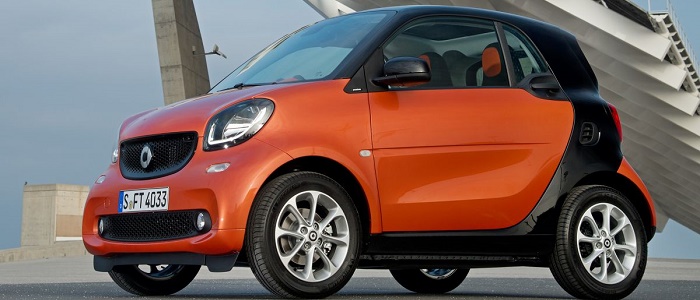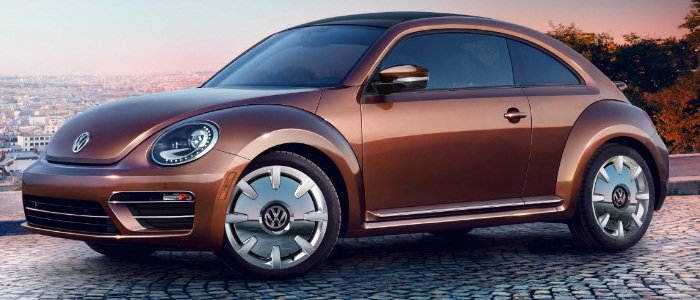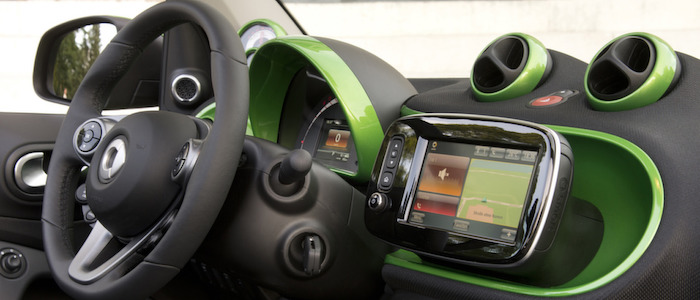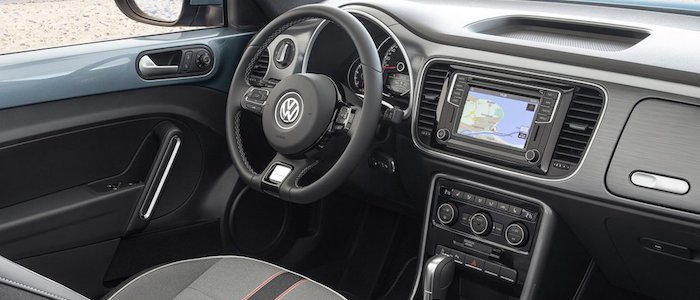Compare two cars
Compare any two cars and get our Virtual Adviser™ opinion
Dimensons & Outlines
Check vehicle history
Engine
Performance (manual gearbox)
Performance (automatic gearbox)
Expenses
Virtual Adviser's™ opinion
We are here considering two somewhat similar cars, but we can't deny some of the obvious differences. For a start, they are not even classified under the same segment, with the Smart being a micro car and the Volkswagen representing city car vehicle class. Another thing to take into account here is the wheel drive. The first one makes use of a rear wheel drive system, aiming at people who are enthusiastic about driving, and don't hesitate to push their car to the limit, even if that requires some additional effort in snow or ice, whereas the second one transfers the power and torque to the front axel only, making it perfect for those who use their car mostly to get from A to B, remaining in control during the slipery conditions.
SafetyThe first thing to look into here would be the results from European New Car Assessment Programme (Euro NCAP) tests performed on the two cars. Good thing is that both vehicles got tested, with the Volkswagen being a slightly better choice apparently. Moving further on, let's take a closer look at some additional safety-related facts. The second vehicle is a city car and that gives it a marginal advantage over the micro car competitor, at least that's what statistics show. Furthermore, when it comes to weight, a factor that most people underestimate, Beetle offers a self-explainatory difference of 52% more metal.
ReliabilityReliability is not the best thing to consider on the make level, but it is worth mentioning that Smart does have a slight advantage, when all the models are taken into account. These are the official statistics, while our visitors describe reliability of Smart with an average rating of 4.3, and models under the Volkswagen badge with 4.2 out of 5. Unfortunatelly, I don't have enough insight that would allow me to comment in more details on the specific models level. Above it all, drivers of cars with the same engine as ForTwo rank it on average as 4.6 out of 5, exactly the same as the other one.
Performance & Fuel economySmart is a bit more agile, reaching 100km/h in 0.5 seconds less than its competitor. Still, it lacks the power to win the top speed competition, topping at 155 kilometers per hour, 25km/h less than the other car. When it comes to fuel economy the winner has to be ForTwo, averaging around 4.2 liters of fuel per 100 kilometers (67 mpg), in combined cycle. We can't ignore that 29% difference compared to Beetle.
Verdict
Smart appears just a bit more reliable, although the difference is truly marginal. The most important thing when deciding between any two vehicles should always be safety, both passive and active. In my opinion, everything taken into account, Beetle beats the other contender by far, making it the best choice without even considering other things. It all continues in the same direction, with Volkswagen offering somewhat better performance, just enough to call it quicker. It does come at a cost though, and that's the fuel consumption... It's not difficult to say then that if I'd need to make a choice, it would definitely be the Volkswagen. Nevertheless, let's not forget that people have different preferences and needs, so what really counts is your personal feel. I'm only here to help. Also, you could use the oportunity to find out which car, everything taken into account, would be the perfect choice for you in the eyes of the virtual adviser™, among thousands of similar, yet so different vehicles.

































